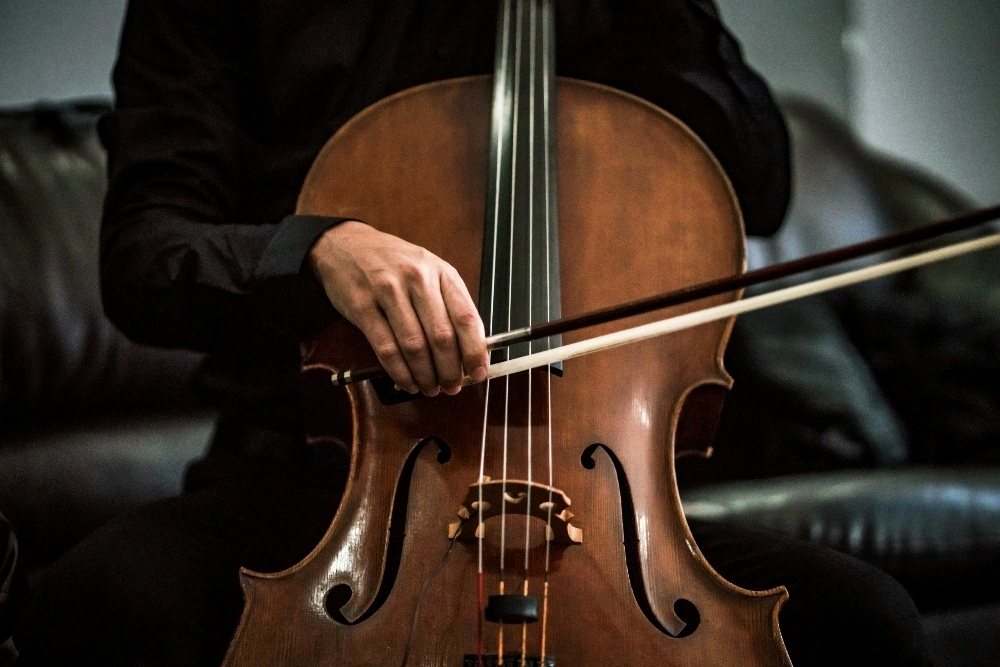
In recent years, the role of music therapy in rehabilitation has gained significant attention due to its profound impact on healing and recovery. As a healthcare professional or someone involved in patient care, you may find yourself exploring innovative treatments that complement traditional approaches to care. Whether looking for a personal injury lawyer in St Louis, this article delves into the transformative potential of music therapy in rehabilitation, inviting you to consider its benefits for your patients.
Understanding Music Therapy: A Path to Healing
The Essence of Music Therapy
Music therapy is a clinical practice that uses music's intrinsic qualities to address physical, emotional, and cognitive needs. By incorporating melody and rhythm, it fosters a healing environment that promotes recovery and well-being. This therapeutic approach can be tailored for individual or group settings, making it versatile in rehabilitation contexts.
The Science Behind the Harmony
Research underscores the profound impact of music on the brain. It engages neural pathways involved in emotion, memory, and motor functions. This engagement can enhance mood, reduce pain perception, and improve motor skills, proving particularly beneficial in rehabilitation from injuries. By tapping into these aspects, music therapy becomes a powerful ally in the recovery process.
Personalizing the Healing Tune
A key component of music therapy is its adaptability. Therapists curate personalized music interventions based on the individual's needs and preferences, ensuring a targeted approach to healing. By integrating familiar and comforting sounds, patients can experience enhanced motivation and engagement, facilitating a more effective and enjoyable rehabilitation journey.
The Role of Music Therapy in Rehabilitation
Enhancing Physical Recovery
Music therapy plays a pivotal role in enhancing physical recovery by serving as a powerful adjunct to traditional rehabilitation practices. Engaging rhythmic patterns can help improve motor coordination and balance, aiding patients in regaining physical functions. Whether through playing an instrument or simply moving to a beat, these activities stimulate neural pathways, encouraging the brain to rewire and adapt.
Alleviating Psychological Distress
Beyond physical recovery, music therapy has a significant impact on emotional and psychological well-being. Listening to or creating music can reduce anxiety and depression, which are common in individuals recovering from injuries. Music serves as an emotional outlet, enabling patients to express their feelings and foster a sense of control and empowerment during the rehabilitation process.
Fostering Patient Engagement
Music therapy enhances patient engagement, making rehabilitation a more enjoyable experience. Personalized music interventions cater to individual preferences, making therapy sessions more engaging and motivating patients to participate in their recovery. This heightened engagement often leads to improved outcomes and a quicker return to daily activities.
Types of Injuries Benefiting from Music Therapy
Neurological Injuries
Music therapy can be transformative for individuals recovering from neurological injuries such as traumatic brain injury (TBI) or stroke. Engaging with rhythm and melody helps rewire the brain, promoting neuroplasticity, a process that enhances the brain's ability to reorganize itself. Studies have shown that incorporating music therapy into rehabilitation can significantly improve motor skills and cognitive functions, facilitating smoother recovery processes.
Musculoskeletal Injuries
For those facing musculoskeletal injuries, such as fractures or sprains, music therapy can alleviate pain and improve mobility. The soothing nature of music helps to distract from discomfort, while structured musical activities encourage physical movements, enhancing joint flexibility and strength. By integrating music therapy, rehabilitation becomes a more enjoyable and practical experience.
Emotional Trauma
Injuries often come with emotional and psychological challenges. Music therapy provides a safe space for individuals to express emotions and reduce anxiety. The therapeutic power of music can elevate mood, foster resilience, and promote a positive outlook, crucial factors in holistic rehabilitation.
How to Integrate Music Therapy Into Your Rehabilitation Program
Assess Individual Needs
To effectively integrate music therapy into a rehabilitation program, begin by assessing the individual needs of each patient. Collaborate with healthcare professionals and music therapists to identify specific goals and tailor interventions accordingly. This personalized approach ensures that the therapy aligns with the patient's rehabilitation objectives.
Choose Appropriate Music
Selecting the right music is crucial. Consider genres and pieces that resonate with the patient's preferences and emotional state. Classical music promotes relaxation and focus, while others benefit from uplifting rhythms and melodies. The key is to create an environment that fosters healing.
Measure Progress
Regularly monitor and evaluate the impact of music therapy on rehabilitation outcomes. Utilize both qualitative and quantitative measures to gauge improvements in physical, cognitive, and emotional domains. Adjust the treatment as needed to optimize results and maintain engagement.
Final Thoughts
Embracing the transformative power of music therapy opens doors to enhanced rehabilitation outcomes and holistic healing. Whether you are looking for a personal injury lawyer in St. Louis, as a practitioner or patient, integrating this harmonious approach into treatment plans not only fosters physical recovery but also nurtures emotional resilience and mental well-being. Music becomes a bridge, connecting body and mind, offering solace and strength through each note and rhythm.
EDITORIAL POLICY
The Flash List is dedicated to providing trustworthy editorial content by maintaining strict ethical standards, journalistic integrity, and credible professionalism regardless of any remuneration as working media. The Flash List is not affiliated with third-party companies mentioned and makes no endorsement or guarantee expressed or implied. The preceding article, which contains affiliated link(s) for which compensation was received, is intended for informational reference only and does not constitute advice of any kind. Moreover, a qualified professional should be consulted regarding any lifestyle consideration, medical treatment, or monetary transaction, etc. Content is published in accordance with USFTC regulations and terms and conditions.
MORE ON THE FLASH LIST
































